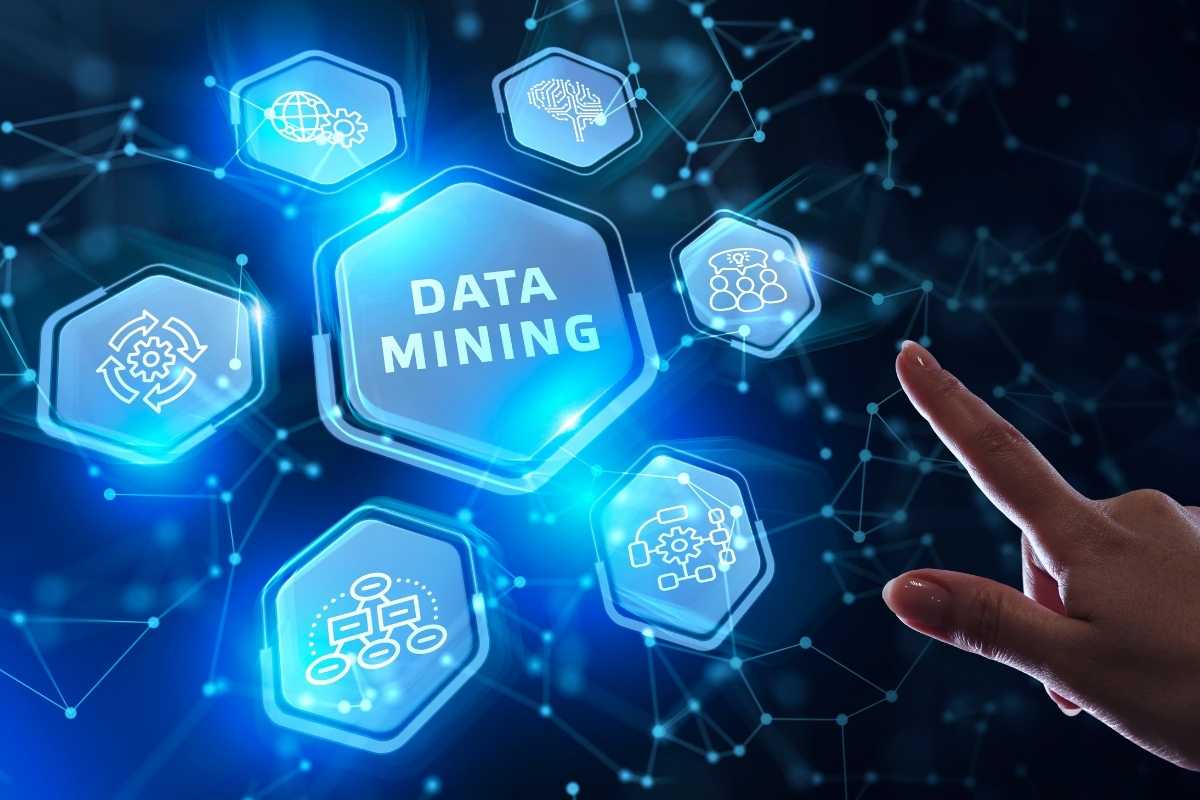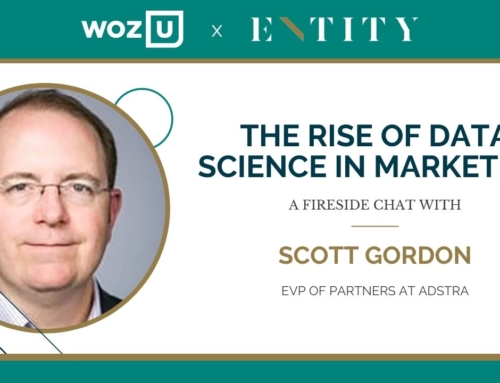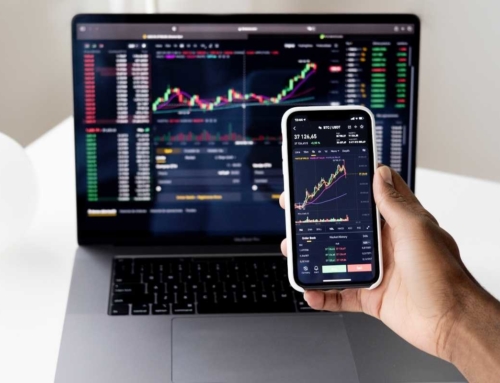Many industries depend on data mining to create informed business decisions. However, consumers have raised privacy and cybersecurity concerns regarding the collection and protection of personal information.
What is data mining and should it be a cause for concern among consumers? Here is what you should know about data mining and whether or not it could pose a significant threat to privacy and keeping personal information secure.
What is Data Mining?
Data mining is a process of data analysis that combines artificial intelligence, machine learning, and statistics. Data scientists use this process to analyze significant amounts of data and observe patterns and trends.
The data mining process can be broken down into several key steps. First, companies gather large amounts of raw data. This can be anything from a person’s birthdate to where they live.
After gathering the information, data scientists store and manage the data in a cloud-based system or server. A team is formed to analyze this information and come up with a strategy on how to organize the information. Then, the data is sorted through different processes.
Once patterns and trends are discovered, this information is presented to business leaders and used to make decisions that will impact the future of the company.
How is This Data Gathered and What Information is Collected?
Raw data is collected through several mediums — apps, social media, or other websites are just a few examples. If you’re on the Internet and you’re asked to give your personal information, then the information collected can be analyzed and used to determine some of your buying behaviors.
Data mining may try to predict future purchases. That may be why you’re scrolling through Instagram and see an advertisement from a company you frequently buy things from.
Data may also be collected through a secondary source, like a researcher or agency. As a reminder, however, an individual needs to know that their data is being collected and agree to give up some form of privacy. To sign up for an app or purchase an item, the person has to put in their information.
Industries Using Data Mining
Many industries use data mining techniques to gain knowledge regarding their consumers.
For instance, marketing, media, and technology companies are among some of the popular industries that use data mining. They gather and analyze data to create customer profiles. If a company can understand who their customer is and what they like, they can make decisions on how to properly execute campaigns to market new products.
Data mining can also be used to track progress and assess risk. The education sector may use data mining to better evaluate its student population. Through this information, people in an educational institution can create more resources for the students that need them.
Manufacturing companies also use data mining. However, rather than tracking individuals, these companies may track the lifetime of a product or the maintenance of a project.
Fraud detection companies serve as another example. These companies gather data to help other financial companies detect fraud or get rid of fake users.
Questions on Security Protection
Consumers often show concerns about data mining and whether or not it can be a dangerous process.
Almost 75% of Internet-using households were concerned about online privacy and security risks, according to a 2018 NTIA survey conducted by the U.S. Census Bureau.
Giving personal information to a company opens up questions about security protection and privacy. How will this information be used? Will it be stored and managed safely? Will this information be protected?
While legitimate data mining keeps the information anonymous and shouldn’t be collected without proper acknowledgment, there is always the possibility of a potential data breach. Hackers can slip in and steal information, which can result in disastrous consequences for both companies and consumers.
To prevent potential breaches, many companies have implemented practices that keep information more secure and protected. These companies have incorporated encryption where they store data, track data at every stage of the process, and train their employees in cybersecurity policies and data protection.
Consumers can also protect themselves by limiting their data sharing. This may mean that consumers might think twice before signing up for an app on their phone or limit usage on a particular website by viewing content instead of posting.
So…What is Data Mining?
Data mining is a process that allows companies to better understand their consumers’ interests and habits. Many industries use it as a key tool for making profiles on individuals or groups. It can also be used as a tool for understanding their behaviors and habits. Tracking these behaviors and patterns can be instrumental to executing successful campaigns and better understanding the consumers’ wants and needs.
Data mining is a secure process, but large amounts of data always have the potential to be compromised. To prevent security breaches, businesses are making sure to take extra steps to ensure privacy and security. Data scientists are keeping personal information anonymous and finding ways to make sure this data remains secure.
Unlock a career in data mining with the powered by WOZ Data Science program.

Sophia Acevedo
Sophia Acevedo is a journalist based in Southern California. She is a 2020 graduate from California State University, Fullerton, and a proud Daily Titan alum.




